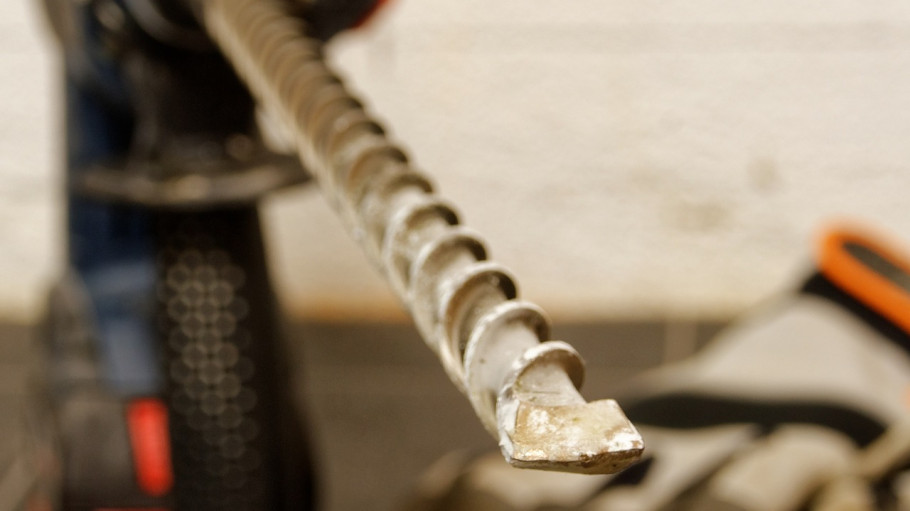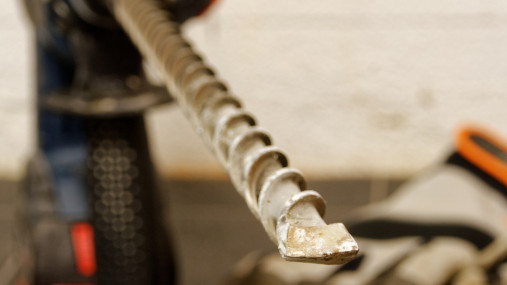
Publications » Position papers » Towards carbon neutrality: A European Partnership for Clean Steel
Towards carbon neutrality: A European Partnership for Clean Steel
Downloads and links
Recent updates

The most significant challenge of our time is climate change. The European steel industry is fully committed to the mitigation of greenhouse gas emissions, to helping meet the objectives of the Paris Agreement and the EU’s target of reducing domestic CO2 emissions by 80% to 95% by 2050 compared to 1990 levels. The required breakthrough innovation investments can only be made if the EU’s LongTerm Climate Change Policy Strategy sets out the ambition to apply:
This will ensure that low- C02 production, and the improved circularity of materials, is fostered. It will
also support innovation, jobs and growth – strengthening these bases and securing a bright future
for the EU’s economy and its citizens.

Download this publication or visit associated links
Brussels, 20 February 2026 – EU steel exports to the United States fell by 30% in the second half of 2025 compared to the same period in 2024, after the imposition of 50% tariffs according to new Eurostat data. The expansion of the U.S. tariff regime to include downstream steel-intensive products, such as machinery and equipment, is expected to amplify its impact on both EU steel producers and their customers. The European Steel Association (EUROFER) said the figures underscore the need for any EU-US trade agreement to be fair, balanced and enforceable.
Joint Industry Statement
Brussels, 11 February 2026 - The European Steel Association (EUROFER) has backed a call to action adopted by European companies and industries in Antwerp today, which includes a demand on the EU to take urgent action to bring electricity prices down as a condition for Europe’s industrial drive, competitiveness and economic resilience.